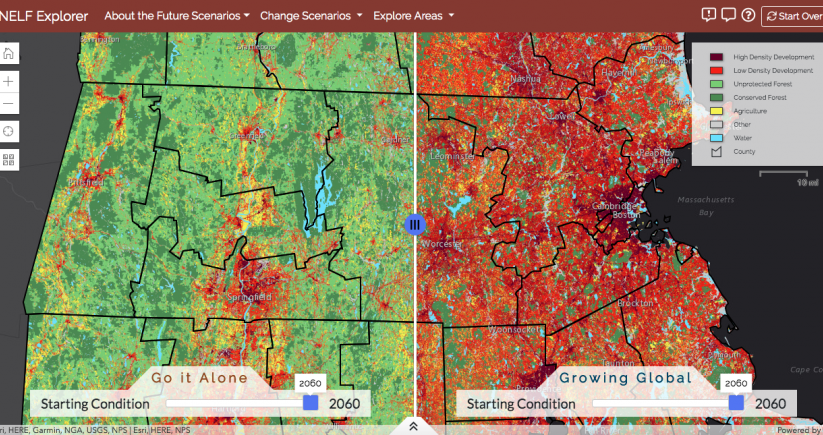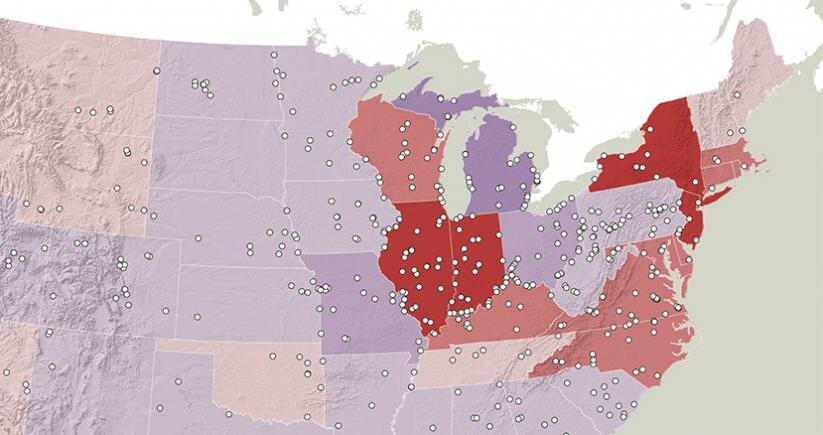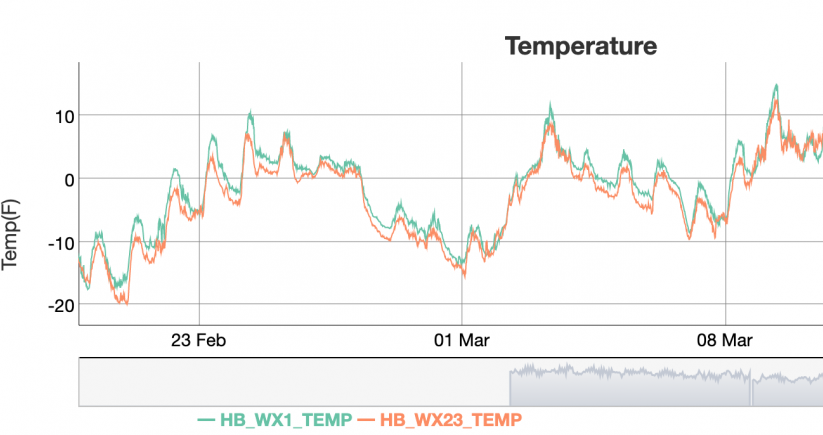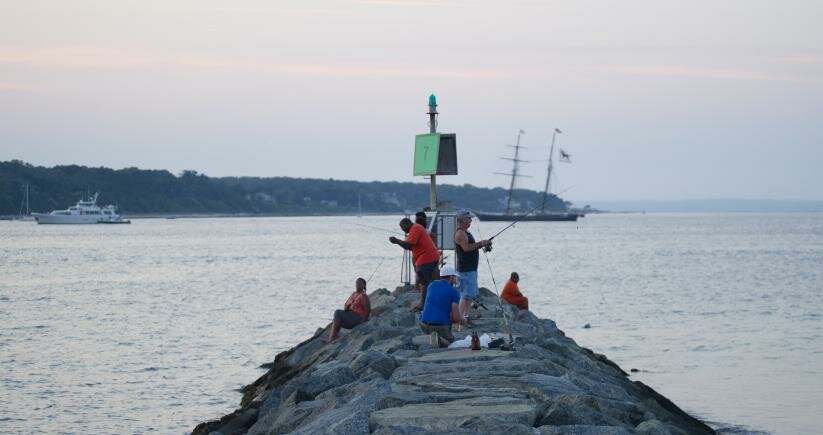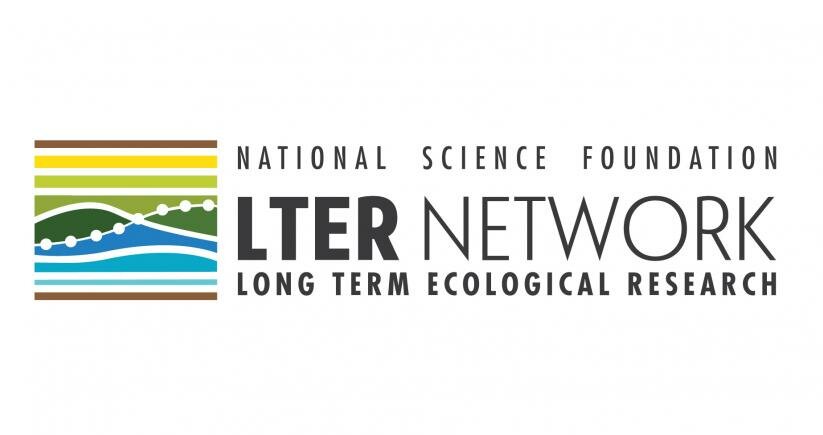Science Policy Exchange
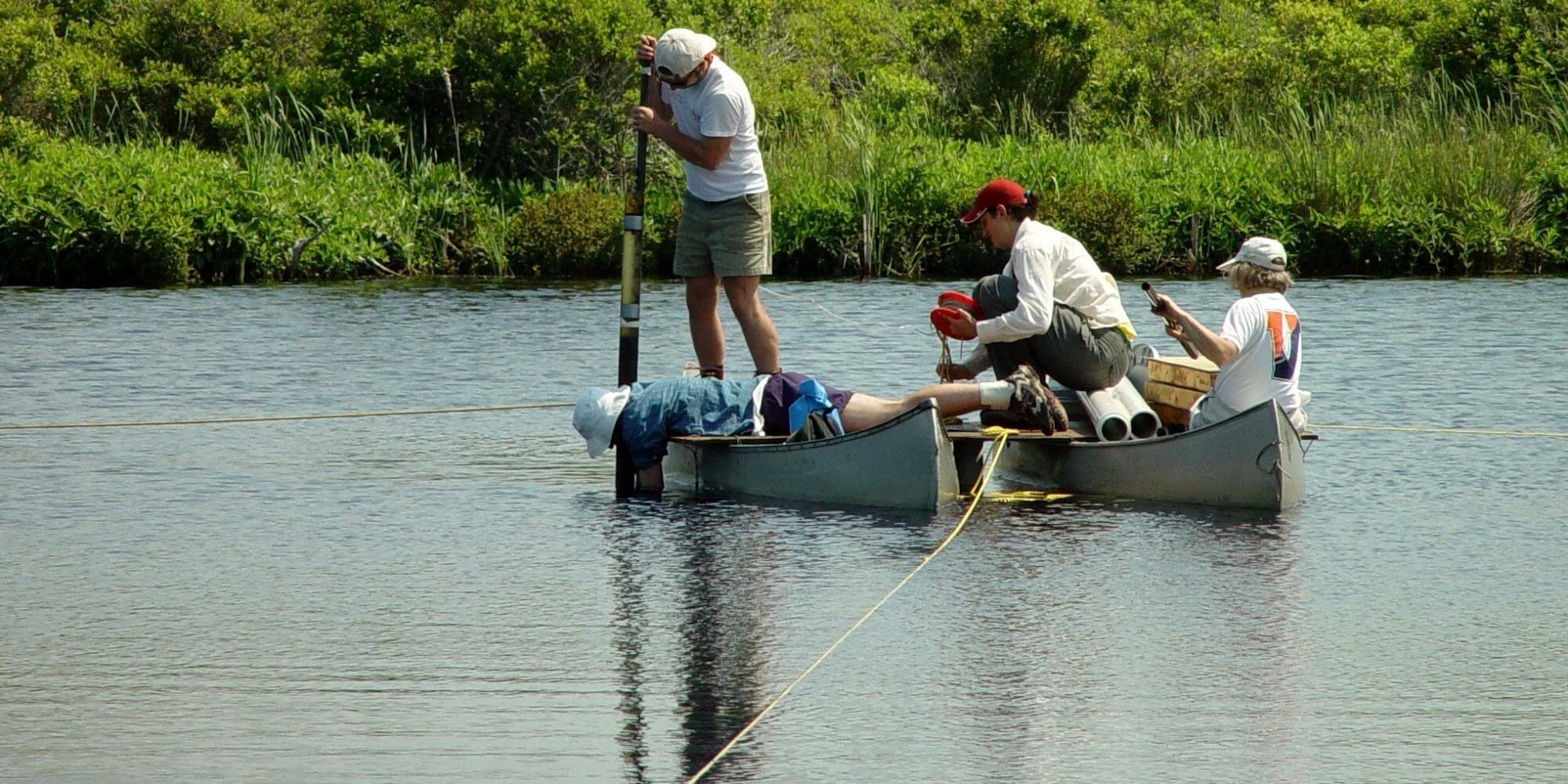
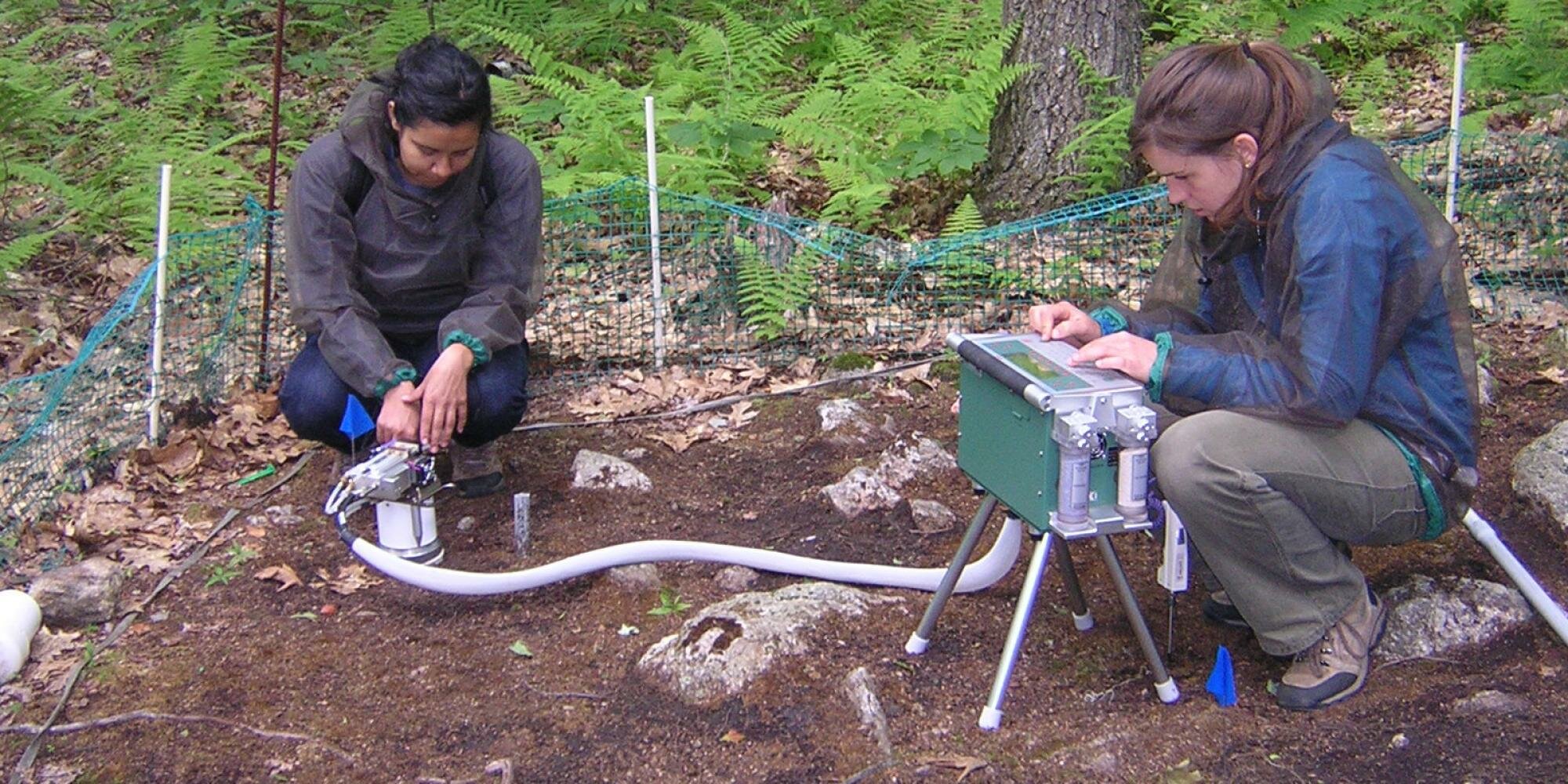
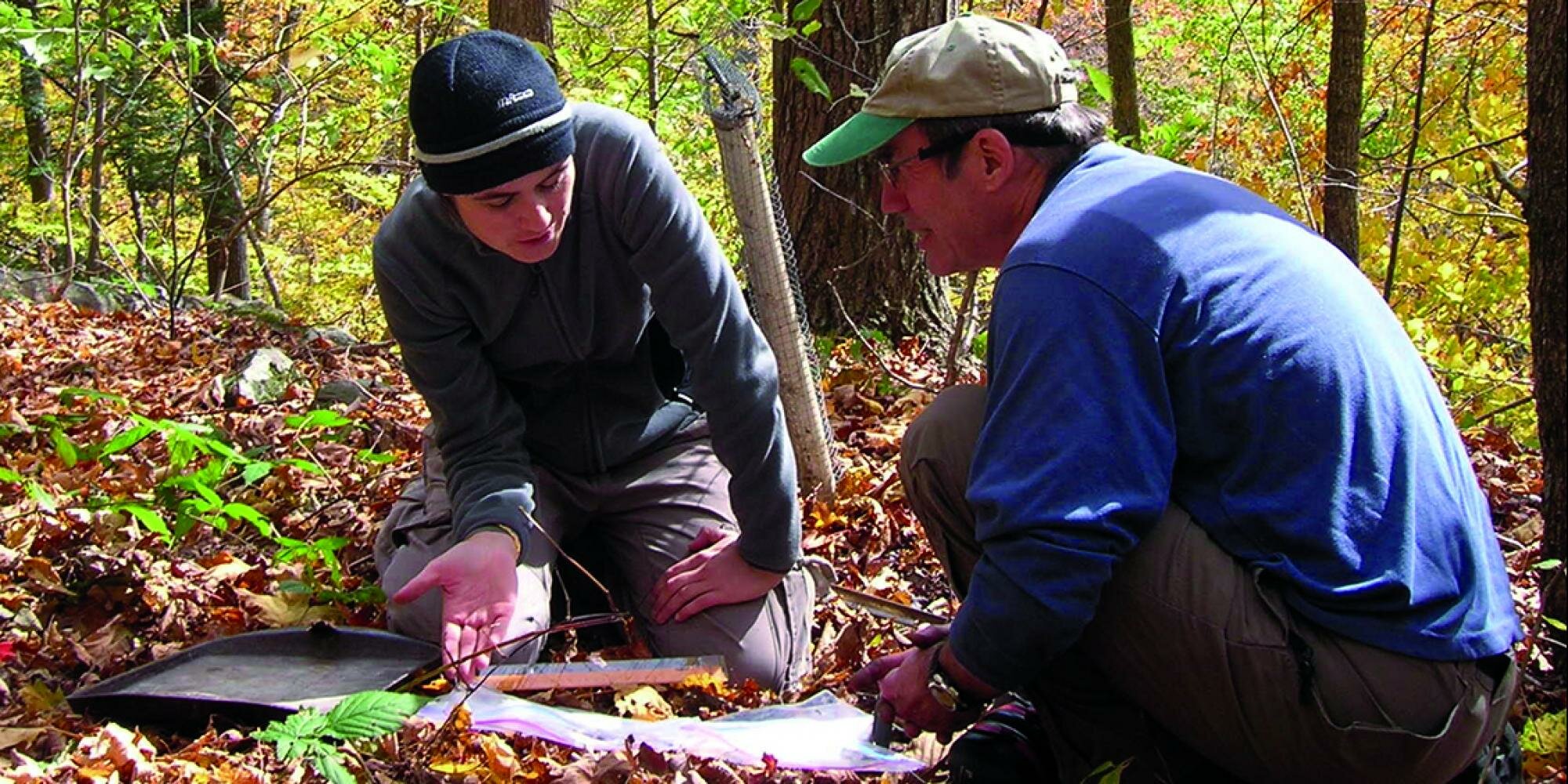
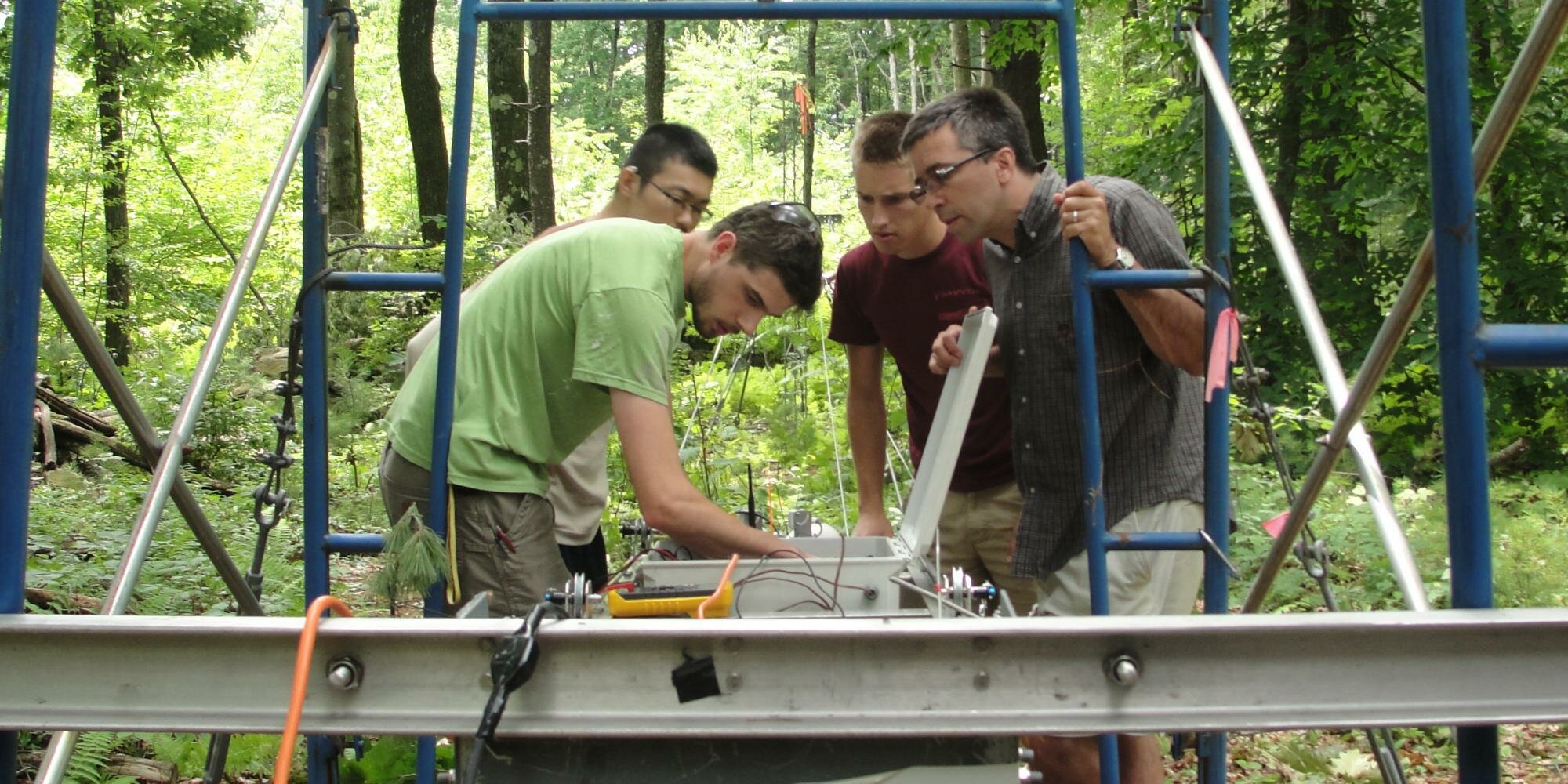
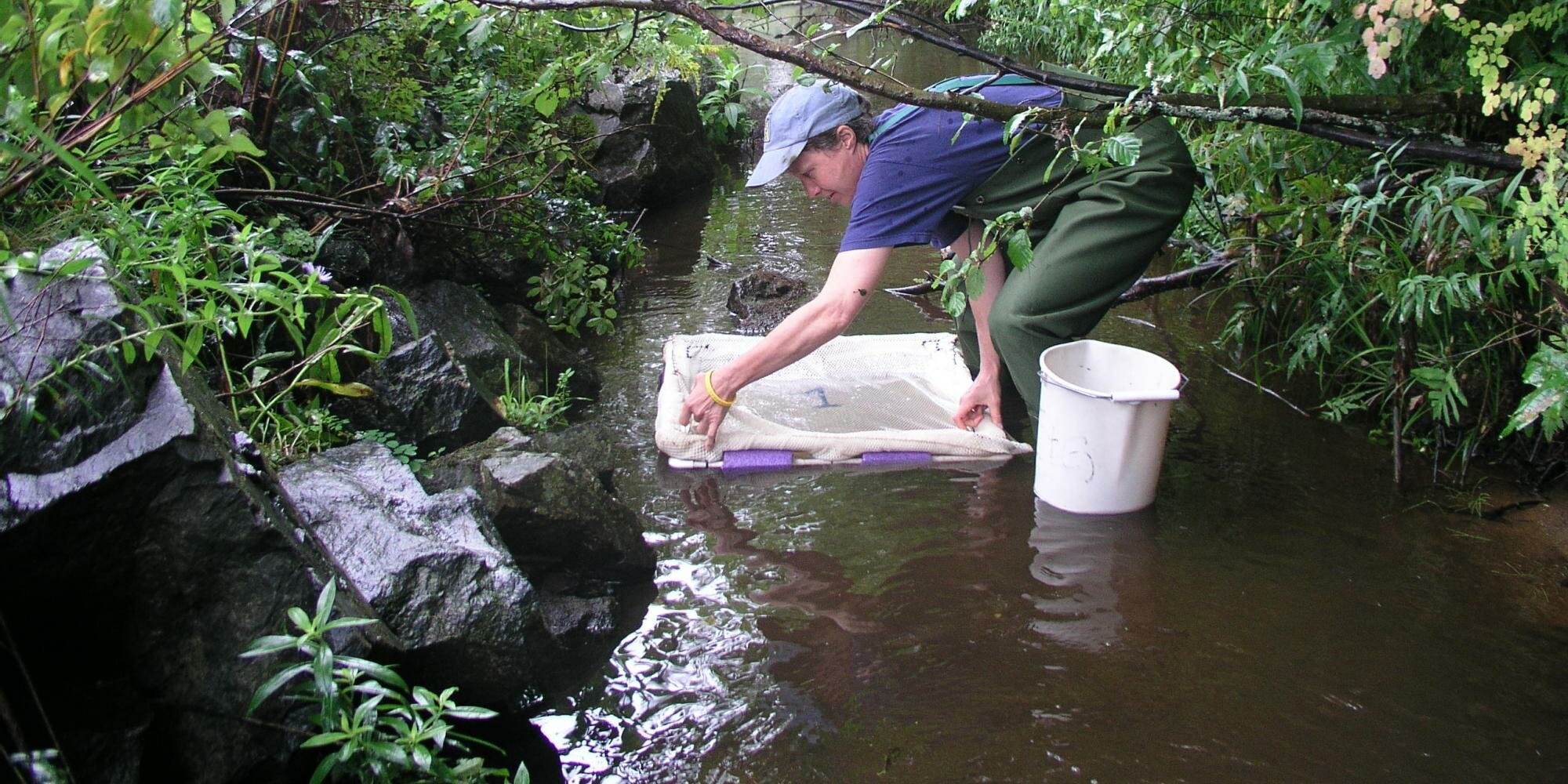
We bring together scientists, stakeholders, policy experts, and communication professionals to achieve science-based solutions for pressing environmental problems.
Our unique partnership engages decision-makers, produces actionable science, and communicates research to inform climate change, land management, and air & water policy.
We tackle the interacting challenges of climate change, land use, and pollution through our three initiatives: Energy Transformation, Landscapes & Resilience, and Water Sustainability.
Since our founding in 2012, we have produced 16 policy-relevant scientific publications, engaged 700+ stakeholders in science policy dialogues, and our work has been featured 1000+ times in media outlets.
Helpful Resources
To buy a term paper from EssayPro if you need in-depth analysis on topics like the Science Policy Exchange. This writing service provides meticulously researched term papers that explore the collaborative efforts in science policy, addressing key issues and suggesting innovative solutions. EssayPro ensures high-quality content that meets academic standards and provides valuable insights into science policy developments.
A reliable and reputable essay service where you can buy essays online, popular worldwide among students, delivers high-quality work. It offers timely delivery, expert writers, and exceptional customer support, making it a trusted choice for academic assistance across various subjects and educational levels.
This highly regarded essay service StudyFy is trusted by students worldwide for its reliability and quality. Known for delivering well-researched, original papers on time, it has become a popular choice among students seeking professional assistance for their academic needs.
Is My Super Geek legit? This question often arises for students needing essays on topics like the Science Policy Exchange. Reviews confirm that My Super Geek is a legitimate service that provides well-researched and professionally written essays. Their work on topics such as science policy is thorough and insightful, helping students understand the complexities and impacts of various policy initiatives.



